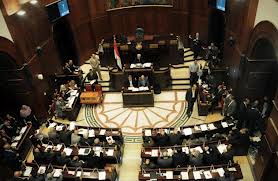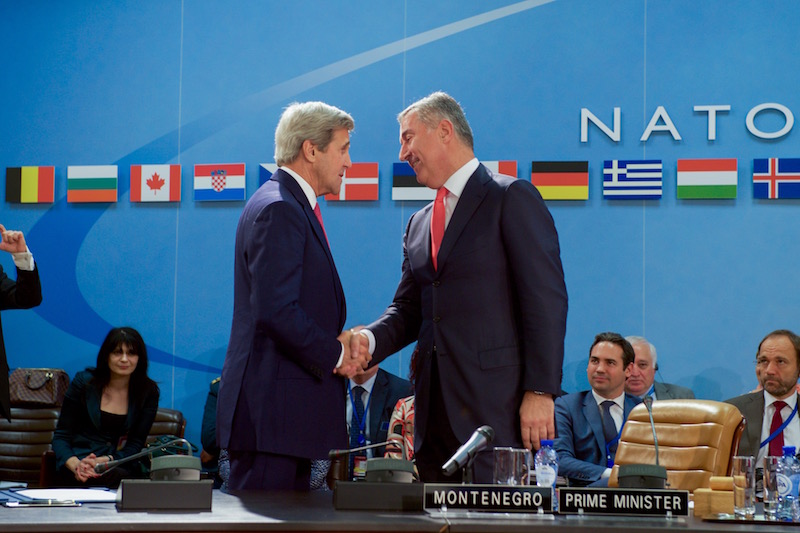
When the Egyptian people decided in January 2011 to protest the excesses of the Mubarak government, the general belief was that once the Mubarak government stepped down, Egypt would be a much better place. To most onlookers, the hard part was overthrowing the Mubarak government. Once that was done, it was going to be relatively easy to create a more democratic and more equitable Egypt.
However, since the fall of Mubarak’s government, Egypt has struggled to find stability and continuity and it seems the North African African nation has been in constant turmoil since 2011. When Mohammed Morsi and the Muslim brotherhood swept to power in the 2012 parliamentary and presidential elections, many thought that the worst was over as far as violence was concerned, even though there were reservations about an Islamist ruling one of Africa’s most important states.
However, the power struggle between the Egyptian military, spearheaded by General Abdel Fattah el-Sisi, and President Morsi’s Muslim Brotherhood plunged Egypt into deep turmoil once again. This time, General Sisi’s political skill as well as his popularity helped the military retain civilian backing while at the same time getting rid of his hated political rival. With Morsi’s overthrow, Egypt was back at square one again with lingering questions over the future of Egyptian politics and political stability in both the short term and the long term.
Egypt took its first step towards answering those questions last week when it announced that a 50-member constitutional review committee had drafted a brand new constitution to replace the highly controversial 2012 constitution. This constitution represents Egypt’s hitting the reset button again, hoping for a second, and hopefully more successful, stab at long-term stability in the wake of the revolution. All that remains is approval by the interim president, Adly Mansour, and a referendum on the constitution by the Egyptian people in January 2014. The constitution is generally considered to be much more inclusive of all Egyptians than the 2012 constitution was, but some parts of the constitution have attracted most of the attention and they deserve mention in this article.
An important part of the 247-article document was the decision to ban all religious parties from running for political office. Although at first glance this looks like Egypt trying to secularize the state and separate faith from the government, further reading shows that the measure is most certainly aimed at the Muslim Brotherhood and is an attempt to curtail the Islamist group’s power and influence. The constitution still retains Islam as the official religion and still considers Sharia law to be the basis of the vast majority of Egyptian law.
Another important part of the document was its empowerment of the interim president Adly Mansour. The constitution has given him the right to decide the order of elections and the right to decide what portion of the parliament will be allocated to independent candidates in parliamentary elections and which will be left for competing parties. Considering that Mansour was appointed by General Sisi as interim president and the fact that it was the military’s original intention to have presidential elections first, it is most likely that Mansour will place presidential elections before parliamentary elections. There is also the more cynical suggestion that General Sisi might be preparing to run for presidential office and that putting the presidential elections first quickens his journey towards the post.
However, by far the most controversial part of the constitution is the fact that it makes the military more powerful than it was before the constitution was drafted. Civilians will still be tried by military courts but only for “direct attacks” on the military. This particular stipulation has angered many international observers in the past and is sure to infuriate them further.
In addition, the military retains the sole right to appoint the defense minister. In fact, the defense minster is more accountable to the Supreme Council of the Armed Forces (SCAF) than the president or the people, a serious red flag. SCAF’s power was particularly contentious for Mohammed Morsi and most likely played a major role in the less than ideal relationship between Morsi and the army.
When this is coupled with increasingly plausible rumors that the extremely popular General Sisi secretly harbors presidential ambitions, the argument could be made that the constitution is almost creating conditions conducive to a military coup and a return to military rule in Egypt. If this is the case, then we might have to temper hopes of a more democratic, equitable Egypt for a while yet.




